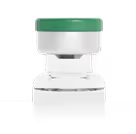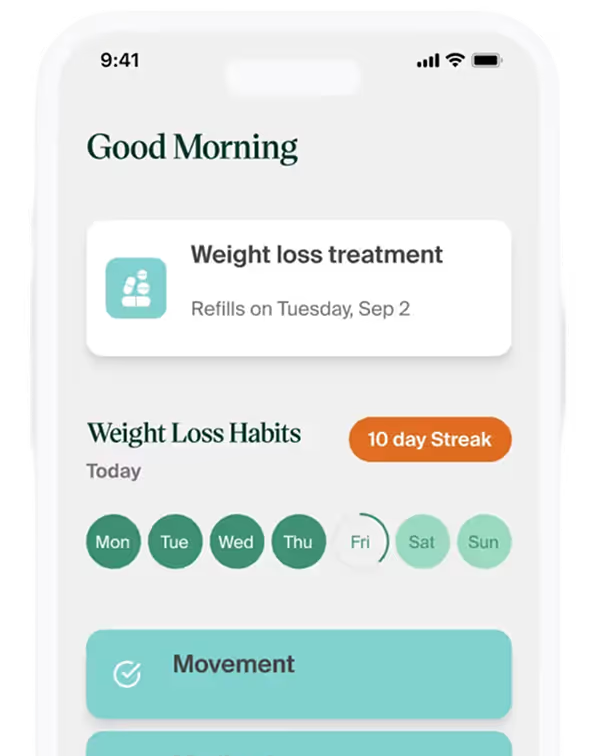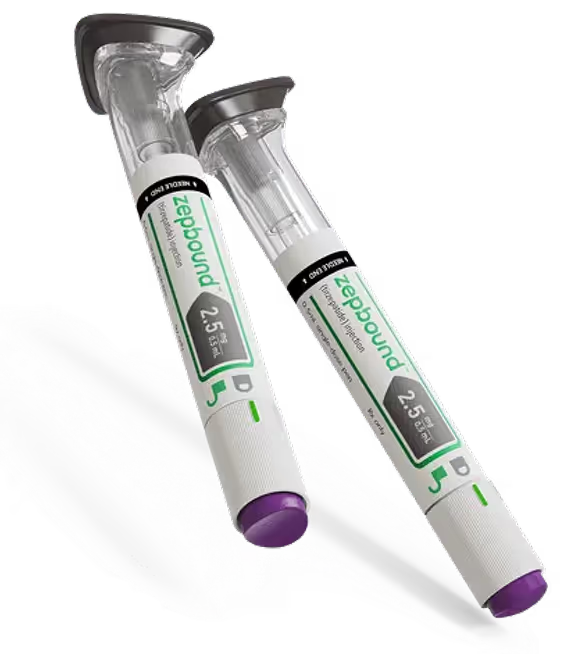designed for you
Feel better, think clearer, and show up as your best every day.
Reach your weight goals with a plan built for you

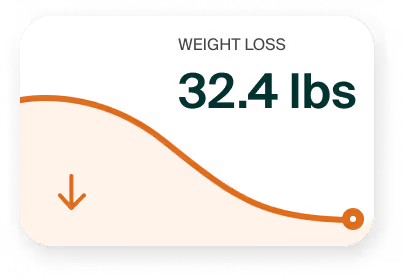
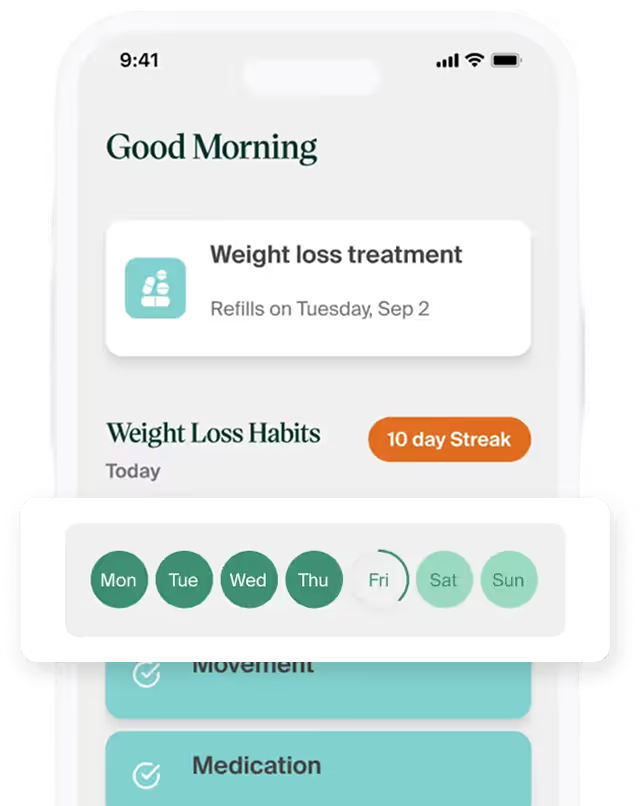
You’re not doing this alone we’re here with you.
Get high-protein recipes, follow on-demand workouts, and stay connected with a coach whenever you need guidance.
Enter your height and weight below

You could lose
Starting weight
Strengthen your body’s natural energy, starting now.

Bost energy level
Track your progress
NAD+ support that goes beyond a single treatment.
Experience steady energy, sharper focus, and healthy-aging benefits with the Genesis Health NAD+ lineup — available as injections, creams, nasal spray, and coming-soon patches.

Feel confident as you age
Revitalize your skin
Completely online on your schedule
Where science meets nature
Personalized GLP-1 treatments are clinically studied for their role in supporting metabolic health and weight management. They work by regulating appetite and insulin levels, supporting healthier metabolic processes and balanced appetite.
Personalized GLP-1 treatments are clinically studied for their role in supporting metabolic health and weight management. They work by regulating appetite and insulin levels, supporting healthier metabolic processes and balanced appetite.
Personalized GLP-1 treatments are clinically studied for their role in supporting metabolic health and weight management. They work by regulating appetite and insulin levels, supporting healthier metabolic processes and balanced appetite.
Personalized GLP-1 treatments are clinically studied for their role in supporting metabolic health and weight management. They work by regulating appetite and insulin levels, supporting healthier metabolic processes and balanced appetite.
Personalized GLP-1 treatments are clinically studied for their role in supporting metabolic health and weight management. They work by regulating appetite and insulin levels, supporting healthier metabolic processes and balanced appetite.
Your mind–body transformation starts here.

Explore science-backed ways to manage your weight effectively.

Maintain steady energy and overall vitality as you age.

Support natural regrowth for added fullness and strength.

Support mood, energy, and vitality with hormone-focused care.


